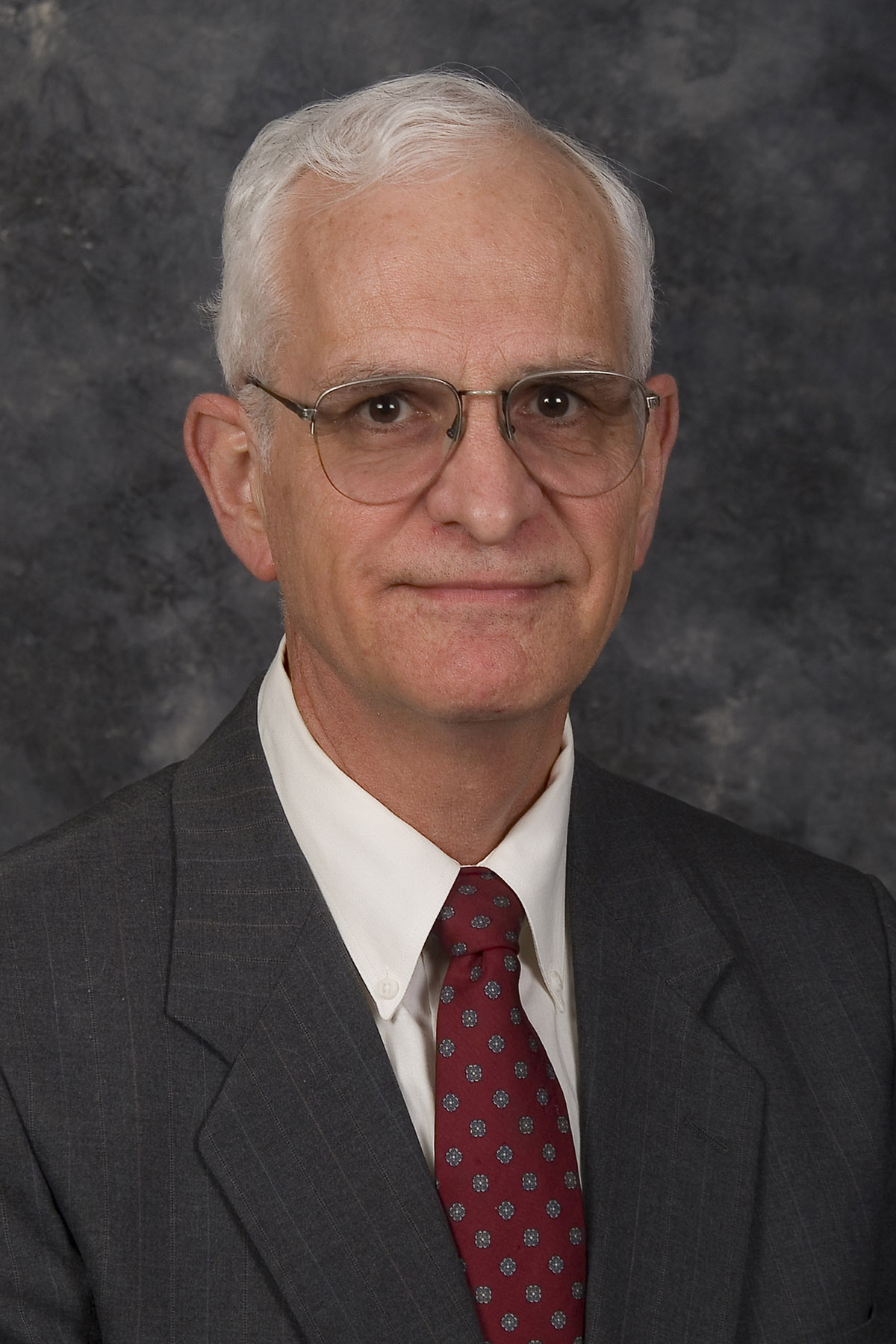
KEISER, Ark. – Fred Bourland, cotton breeder and director of the University of Arkansas Division of Agriculture's Northeast Research and Extension Center, has been named International Cotton Researcher of the Year by the International Cotton Advisory Committee.
Bourland won the award for his innovative breeding achievements that have led to the release of cotton germplasm and varieties, his role in the development of the COTMAN cotton management system and for the development of cotton breeding techniques for both laboratory and field. He was selected by an independent panel from among 11 candidates from eight countries on five continents.
The ICAC Cotton Researcher of the Year award was begun in 2009 to help raise awareness of the importance of research to improvement of the cotton industry and to provide international recognition of exceptional achievements. University and public sector researchers from ICAC member countries and from all disciplines of cotton production research are eligible for the award.
Bourland will receive the award and a $1,000 honorarium during the annual ICAC Plenary Meeting.
Bourland came to the Division of Agriculture in 1988 after leading a cotton breeding program for 10 years at Mississippi State University. He continued his cotton breeding program at the Fayetteville campus and at the division's research stations in eastern Arkansas. In 1997, he moved to Keiser as director of the Northeast Research and Extension Center.
"Moving to Keiser facilitated progress in the cotton breeding program because I am in a cotton growing area and can oversee my research daily,” Bourland said.
Under Bourland's direction, the Arkansas breeding program has focused on developing improved yield, fiber quality, disease resistance and early maturity.
Since the introduction of transgenic cotton varieties from private breeding programs, the Arkansas breeding program has focused on providing germplasm with Arkansas adapted traits as cotton breeding material for seed companies, Bourland said. His research has also encouraged private breeding programs toward adopting traits, such as early maturity, that benefit Arkansas cotton growers.
With the rise of glyphosate-resistant weeds, Bourland said, he has begun moving some of his breeding lines toward release as new public cotton varieties.
“This fills a niche for Arkansas cotton farmers who've expressed interest in conventional cotton varieties from our program as an alternative to the private transgenic varieties,” Bourland said.
Bourland was one of the principle developers of the COTMAN cotton management program that is widely used today in Arkansas and neighboring states. A multi-disciplinary research team developed the system that monitors and responds to plant growth and development to help growers with end-of-season management decisions.
Bourland initially worked on developing critical plant measurements and determining how different varieties differed during development. Since the COTMAN system was released, he has been involved in training individuals to use COTMAN and instrumental in developing training materials.
Bourland developed numerous scientific techniques used in cotton breeding. He is continuing this work, developing means to maximize the use of basic components of lint per seed, fibers per seed and fiber density as breeding tools. He is also developing improved techniques for evaluating resistance to root-knot nematode and Verticilliim wilt and tolerance to heat stress.
Bourland is a native of northeast Arkansas, where he grew up on a cotton farm. He earned his bachelor's degree in agriculture and master's degree in plant breeding from the University of Arkansas. He earned his doctoral degree in genetics from Texas A and M University.
The ICAC, based in Washington, D.C., was founded in 1939. Its role is to raise awareness, provide information and serve as a catalyst for cooperative action on issues of international significance. It provides statistics on world cotton production consumption, trade and stocks; identifies emerging changes in the structure of the world cotton market; and represents the international cotton industry before United Nations agencies and other international organizations.
Contacts
Fred Miller, Science Editor
AGCS
575-5647,